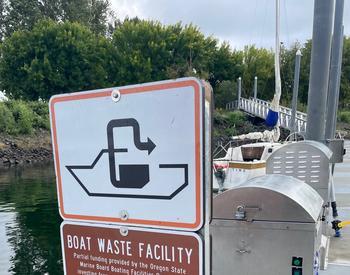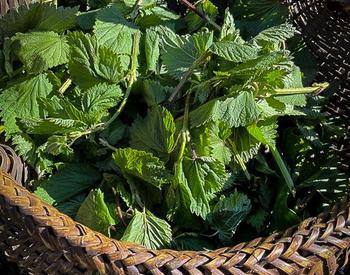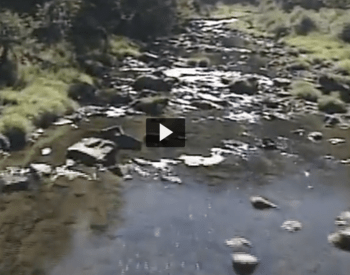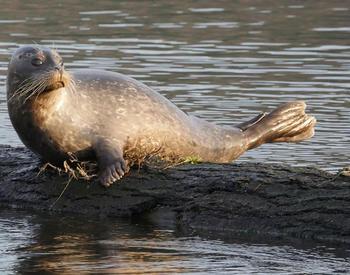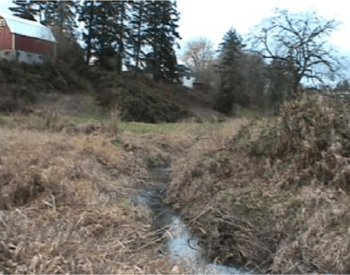Transcript
The support that I got from Oregon Sea Grant really allowed me to do two things. One was the science, where we were able to make measurements that pointed earliest to the changes that we're seeing in dissolved oxygen the ocean. But it also allowed us to have a component to relate that science, translate what we're finding into information for people who are really excited to learn about what's happening, what's different about our ocean now. But Oregon Sea Grant really provided that forum, the expertise and the mechanism to put us all together at the same table so that we're doing science that matters. The biggest benefit from the Oregon Sea Grant SAFE program has been the collaboration between the industry and scientists.
The science community and fishermen, When they can get together and put their heads together and find out what's real, what's possible, you know, sky's the limit, I think. When I started looking at grad school, my advisor brought up the Malouf scholarship through Oregon Sea Grant and that's when I really started doing the deep dive into the Oregon program in particular. It's not just an organization that looks at the western science applications. They've really been also highlighting projects that are incorporating the knowledge of indigenous communities, which is always something that is really important to me as a native scientist. Well I think Oregon Sea Grant has really taken the lead in free choice education, specifically looking at how people learn outside of the schools. So Oregon Sea Grant would provide information and opportunities for students to come out here and learn more about the marine environment. There's different learning strategies and Oregon Sea Grant is very responsive to how people learn.
The Summer Scholars come from all over the country from really diverse academic backgrounds. Most importantly, it provides them with real life experience. They work as part of our team at U.S. EPA and they work on all phases of the project from planning, prepping for field work, doing the field work, analyzing samples in the lab. Oregon Sea Grant is really important in that they are doing applied research in the marine environment on issues ranging from ecotourism to marine resources.
The Oregon Department of Fish and Wildlife and Oregon Sea Grant have a very rich history of working together on a number of different levels. We have collaborated on research in the ocean. We have collaborated on engagement and communications with the fishing fleets. Oregon Sea Grant is very skilled at setting up neutral discussions about some controversial marine policy issues and helping everyone see both sides and come to common ground solutions.
Oregon Sea Grant: 50 years of community engagement. Oregon Sea Grant: 50 years of collaboration and cooperation with industry. Oregon Sea Grant: 50 years of pointing science in the right direction. Organ Sea Grant: 50 years of community-driven science. Oregon Sea Grant: 50 years and responding to change. Oregon Sea Grant: 50 years of training the scientists of tomorrow.
- Francis Chan, an Oregon Sea Grant-funded scientist at Oregon State University who has studied hypoxia and ocean acidification.
- Al Pazar, a fisherman who participated in a program created by Oregon Sea Grant that connected fishermen with scientists so both groups could collaborate on research.
- Sabra Marie TallChief Comet, a 2015-16 Oregon Sea Grant-funded Malouf scholar at Portland State University; a 2018 Knauss Fellow with the National Oceanic and Atmospheric Administration; and a coastal training program coordinator at the South Sough National Estuarine Research Reserve in Charleston since 2020.
- Bill Hanshumaker, a retired educator at Oregon Sea Grant's Visitor Center at the Hatfield Marine Science Center in Newport.
- Cheryl Brown, a research oceanographer at the Environmental Protection Agency in Newport who has mentored interns in the Summer Scholars program that Oregon Sea Grant administers.
- Caren Braby, the manager of the marine resources program at the Oregon Department of Fish and Wildlife and a member of Oregon Sea Grant’s advisory council.
Produced in September 2021 by Oregon State Productions.

